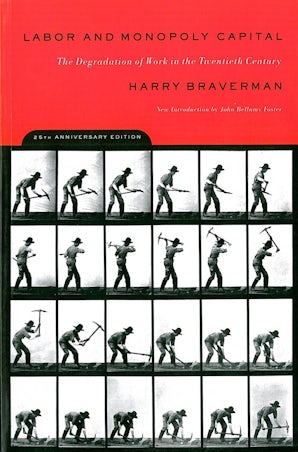Lettuce Wars reviewed in Z Magazine

Lettuce Wars: Ten Years Of Work And Struggle In The Fields Of California
by Bruce Neuburger
Monthly Review Press, 2013, 350 pp.
Review by Seth Sandronsky
What happens when farm workers try to form unions? Bruce Neuburger in Lettuce Wars: Ten Years Of Work And Struggle In The Fields Of California has answers in a memoir of sympathy, solidarity, and wry humor.
Upon losing a job as a cook in 1971, the author migrated to the Salinas Valley, a vast agribusiness area in the Golden State where the maltreatment of farm laborers—a tale of long, precarious hours for low pay—does not stop when the working day ends. Their national and racial oppression in the U.S. is 24/7.
Poignantly, Neuberger introduces readers to the women and men who make the state’s agricultural profitable industry go. He gives them names, and fleshes out their histories. Neuburger also highlights the militancy of women farm workers in boycotts and general and wildcat strikes. Women also face pressure for sexual favors from labor contractors and growers. As he narrates, oppressive social ideas about and relations of producing food define the capitalist system. Meanwhile, the vital work of harvesting food such as asparagus, broccoli, celery, cucumbers, grapes, lemons and tomatoes, is invisible. How can this be?
In the case of food, the invisibility of those employed for bare subsistence pay in California agriculture masks them and their work. The state’s growers like workers without documents who do not speak English—to better squeeze profits from them. At the book’s opening, the author toils on a crew using a tool called “el cortito” to harvest lettuce. Its short length requires constant stooping.
Author Harry Braverman, in Labor and Monopoly Capital, analyzes how employers’ choice of tools for workers is an integral element of bosses’ control over the workplace. A lack of democracy at work, of course, is what makes the system tick…
Read the entire review in Z Magazine

